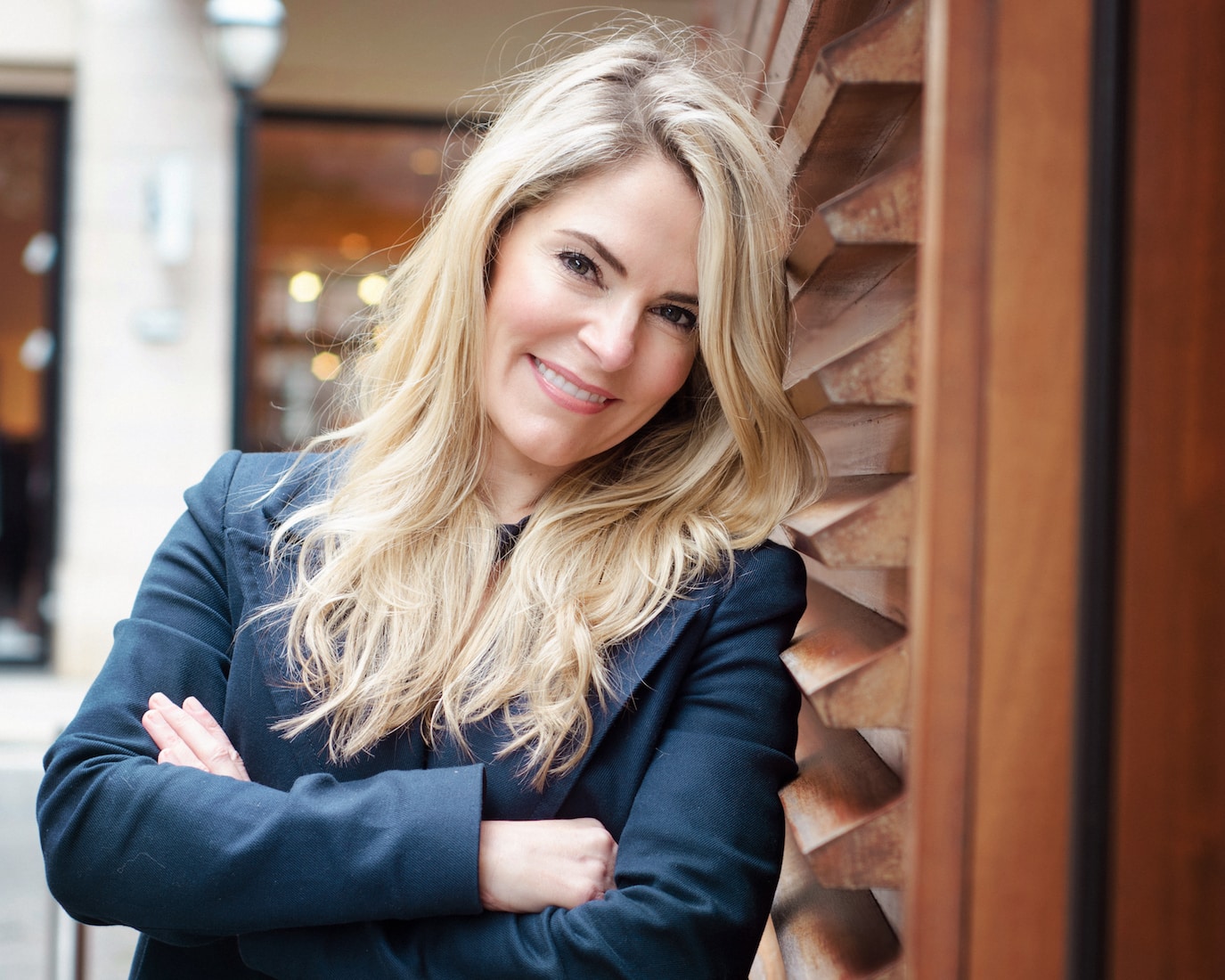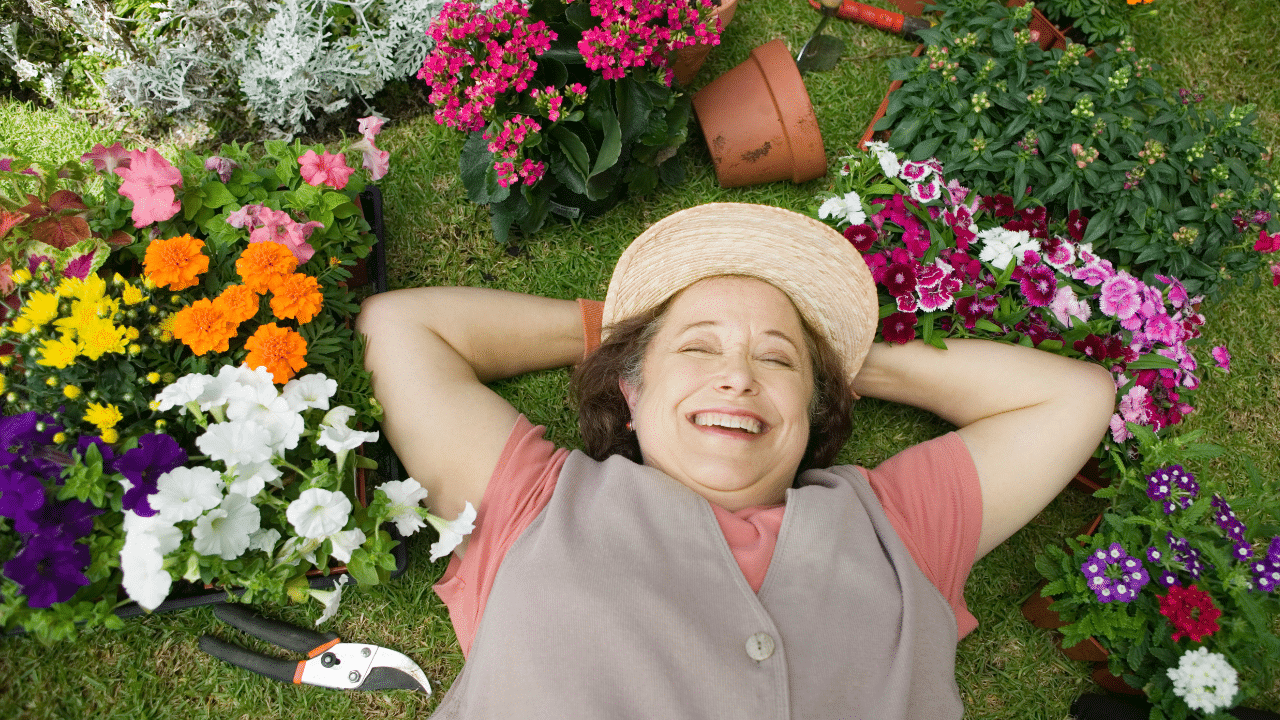Have you ever felt rejuvenated after a day spent outdoors, perhaps gardening or simply enjoying a walk in the woods? Recently, nature has been my much needed therapy.
In today’s episode, I’ll share how my own journey into the world of gardening and nature began at a time when I needed it most—right as I turned 48 and was worn out from constant traveling and presenting. This personal experience opened my eyes to the potent benefits of connecting with nature. So, I dove into the scientific literature, and in this episode, I share…
Key Topics Discussed:
- Personal Gardening Experience: I dive into my transformative journey into gardening after moving to Vermont, highlighting the deep personal and health benefits from tending to plants.
- Importance of Forest Bathing: Learn about the Japanese practice of Shinrin-Yoku, or forest bathing, and its proven effects on reducing stress, improving heart health, and enhancing overall well-being.
- Scientific Evidence on Nature’s Benefits: Explore the latest research from a 2024 meta-analysis that reviews various nature-based interventions and their impact on older adults’ health, especially those with chronic conditions.
- Virtual and Accessible Nature Experiences: Discover how therapeutic gardens, virtual reality nature experiences, and even simple indoor plants can benefit those unable to engage with outdoor environments directly.
- Practical Tips for Integrating Nature into Daily Life: Discussion on how to incorporate nature into everyday settings, particularly for older adults, to promote health and well-being.
Links Mentioned in This Episode:
- 2024 Article on Nature-Based Interventions:
- “Nature-Based Interventions Targeting Elderly People’s Health and Well-Being: An Evidence Map” can be accessed here.
- Interactive Matrix Reviewing Nature-Based Interventions with Health Benefits:
- Explore the detailed evidence map on Tableau Public here.
- 2009 Article on Therapeutic Influences of Plants in Hospital Rooms:
- Read about the “Therapeutic Influences of Plants in Hospital Rooms on Surgical Recovery” here.
- American Horticultural Therapy Association – Therapeutic Gardens:
- Learn more about therapeutic gardens and their benefits here.
Join me in leveraging the power of nature for better health and a more satisfying life as we age. Whether it’s gardening, forest bathing, or simply bringing more plants into your home, nature offers a plethora of benefits that are both rejuvenating and therapeutic.
Thank you for tuning in, and don’t forget to visit the links provided for a deeper understanding and additional resources. Join us next time as we continue to explore innovative ways to enhance our well-being and live a fuller, healthier life.
Support the Show
If you enjoyed this episode, please leave a review and share it with others who might benefit from this information. Your support helps us reach more people and make a positive impact.

About Dr. Regina Koepp
Dr. Regina Koepp is a board certified clinical psychologist, clinical geropsychologist, and founder and director of the Center for Mental Health & Aging: the “go to” place online for mental health and aging. Dr. Koepp has been featured in NY Times and NPR and is a sought after speaker on the topics of mental health and aging, caregiving, ageism, resilience, sexual health and aging, intimacy in the context of life altering Illness, and dementia and sexual expression. Learn more about Dr. Regina Koepp here.





